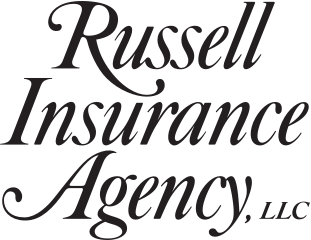
Renting out your house to others can be lucrative. Millions of people take advantage of various house/apartment sharing services (e.g., Airbnb, HomeAway, FlipKey or MIMDU) each year. These companies match hosts who want to rent their dwellings or rooms out for a short period of time with guests. While most of these transactions end well, there have been some horror stories (e.g., property damage, accidents, or people who use the house for criminal acts), which should give you pause before deciding to rent out your house or apartment.
Should a guest damage your house or property, or get injured during his or her stay, these house-sharing companies offer some insurance protections. Some companies provide up to $1 million for bodily injury or property damage. However, this may be excess insurance, which means that it doesn’t pay until after the host’s homeowners liability insurance limit is exhausted—if this coverage is available—or after the host tries to get reimbursement from the guest, who is responsible for the damages.
Remember, it’s difficult to determine how your homeowners or renters policy will respond to a claim caused during a house-sharing experience without the aid of an insurance professional. Property coverage depends on the type of property, location of that property, and the circumstances of the guest’s occupancy. Liability coverage depends on what part of the house is rented, and how often and how many people are involved.
Further, if your insurance company discovers you are using your property for a commercial purpose, it may not renew your policy. However, there is a good chance your insurer will offer an endorsement to cover this activity more fully.
In addition to the insurance implications, renting out your house for short periods of time might be illegal in your area. Many municipalities prohibit this practice.
Before you decide to participate in house-sharing services, check your insurance policy and review the insurance coverages offered by the house-sharing company with which you are partnering. Don’t forget to review your municipality’s laws regarding house rentals. Equally important: Give our agency a call. We can review everything with you to help ensure you have the insurance coverages you need.

